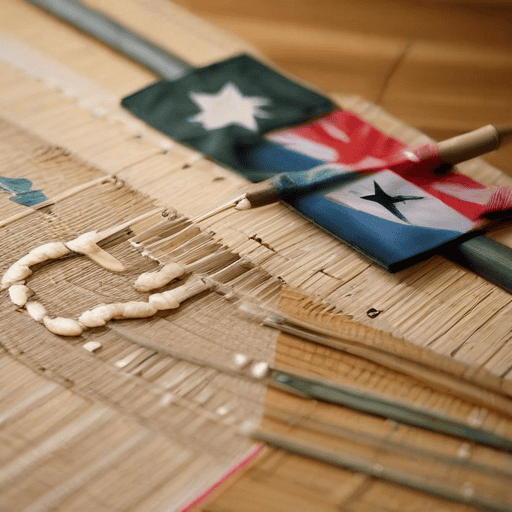In recent years, Fiji has seen a significant increase in stroke occurrences, underscoring the urgent need to address and mitigate stroke risks. Alarmingly, the youngest known stroke victim in the nation was only 12 years old. Factors such as unbalanced work-life dynamics and unhealthy eating habits are major contributors to this troubling trend. Statistically, one in five individuals globally will experience a stroke in their lifetime, with a staggering 81% of individuals suffering from cardiovascular diseases likely to endure a stroke.
Stroke, or cerebrovascular accident, stands as one of the primary causes of death and disability worldwide, presenting a formidable public health issue in Fiji. However, there is hope on the horizon. Traditional Chinese Medicine (TCM), particularly acupuncture, offers promising avenues for stroke treatment and rehabilitation.
Stroke occurs when brain blood vessels become blocked or burst, leading to a lack of oxygen and blood flow to brain tissues. This can result in high rates of disability, affecting survivors with issues including paralysis, speech impairments, and difficulties with swallowing. The emotional and physical toll these complications impose on patients and their families is significant.
The rising incidence of strokes in Fiji is largely attributed to stress, poor dietary choices, and sedentary lifestyles. In response, clinics like Vuda TCM are innovatively combining traditional acupuncture methods with contemporary medical practices to help patients manage and recover from these challenges.
Acupuncture has been practiced for thousands of years and is recognized for its therapeutic effects. It operates through various mechanisms: enhancing blood circulation to the brain, regulating energy (qi) and blood flow within meridians, and activating the nervous system to aid in nerve repair. Its safety and minimal side effects make acupuncture a preferred choice for stroke rehabilitation.
At Vuda TCM Clinic, Dr. PAI has developed a unique “Three-Phase Integrated Acupuncture Therapy” to cater to the varying stages of stroke recovery. This tailored approach includes:
– Acute phase: Techniques aimed at stimulating brain function and controlling disease progression.
– Recovery phase: Focused on restoring speech, swallowing, and motor skills through targeted scalp and neck acupuncture.
– Sequela phase: Further improving patients’ quality of life by mitigating paralysis and long-term impairments.
This evidence-based therapy has resulted in many patients making remarkable recoveries. One patient, a 40-year-old man with right-side paralysis and severe speech and swallowing difficulties, underwent two months of treatment at Vuda TCM Clinic and successfully regained the ability to stand, swallow, and speak. His case illustrates acupuncture’s profound impact on stroke rehabilitation.
Despite the benefits of acupuncture for recovery, prevention is essential. Maintaining a healthy lifestyle—characterized by a balanced diet, regular exercise, and stress management—can significantly reduce stroke risks. It is crucial for Fiji to prioritize public health education to inform the population about stroke prevention and the importance of early treatment.
The Vuda Traditional Chinese Medicine Clinic encourages stroke patients to pursue treatment promptly, especially within the first three months of recovery to achieve the best possible outcomes.
For consultations or appointments, interested individuals can reach out to them at the following contact details:
– Address: Lot 20, Valetia Street, Lautoka
– Phone: 8002727 / 7251314
– Email: vudatcm.clinic@gmail.com
In summary, while Fiji faces a growing challenge with strokes, advances in treatment methodologies like acupuncture provide a hopeful outlook for recovery and improvement in patients’ lives. Public health initiatives focusing on prevention and early intervention will play a crucial role in addressing the rising incidence of strokes in the country.

Leave a comment